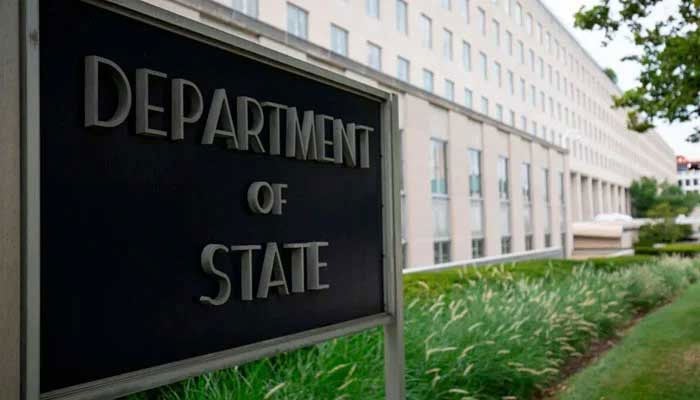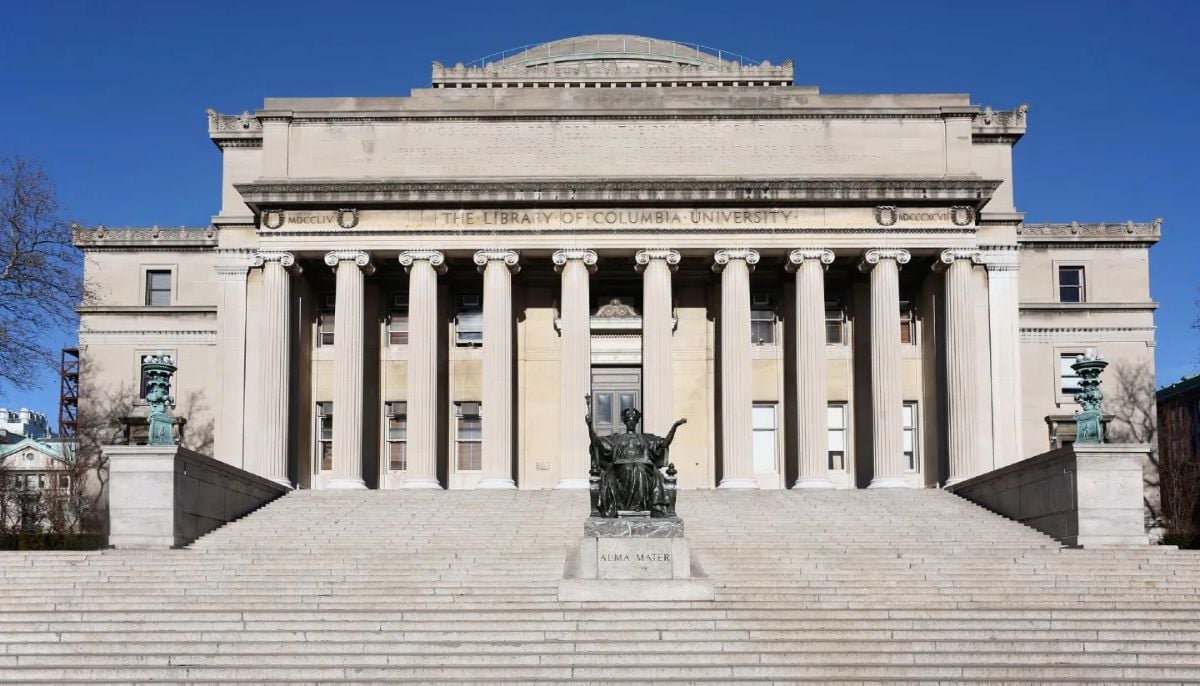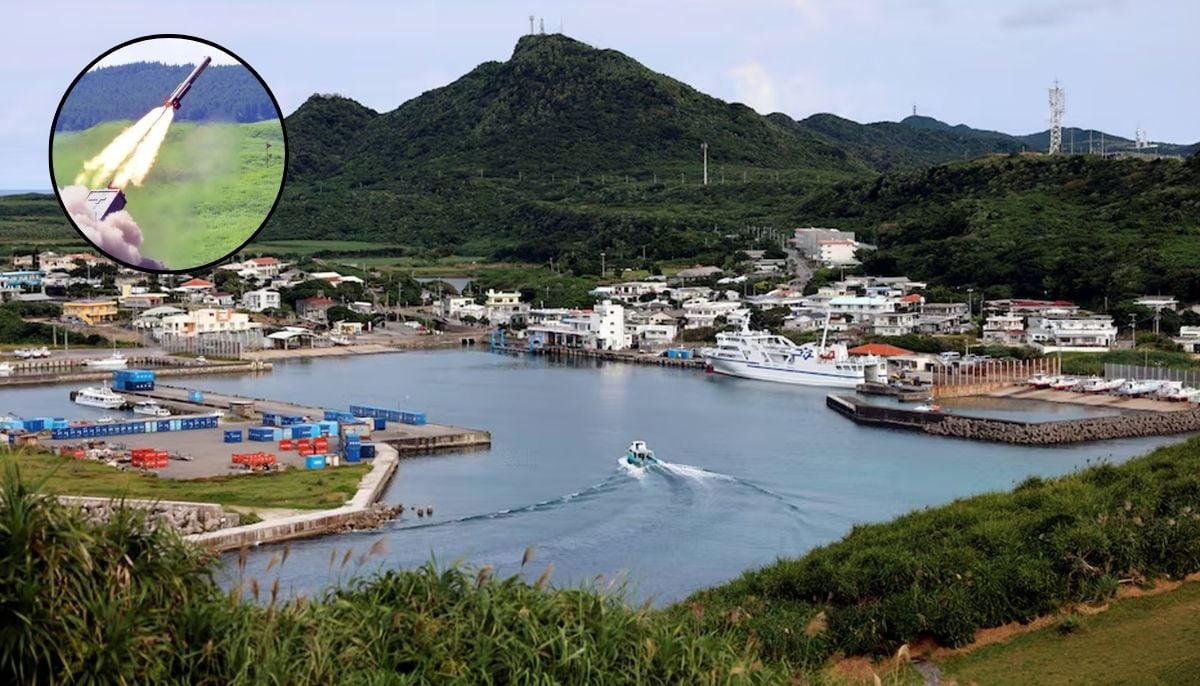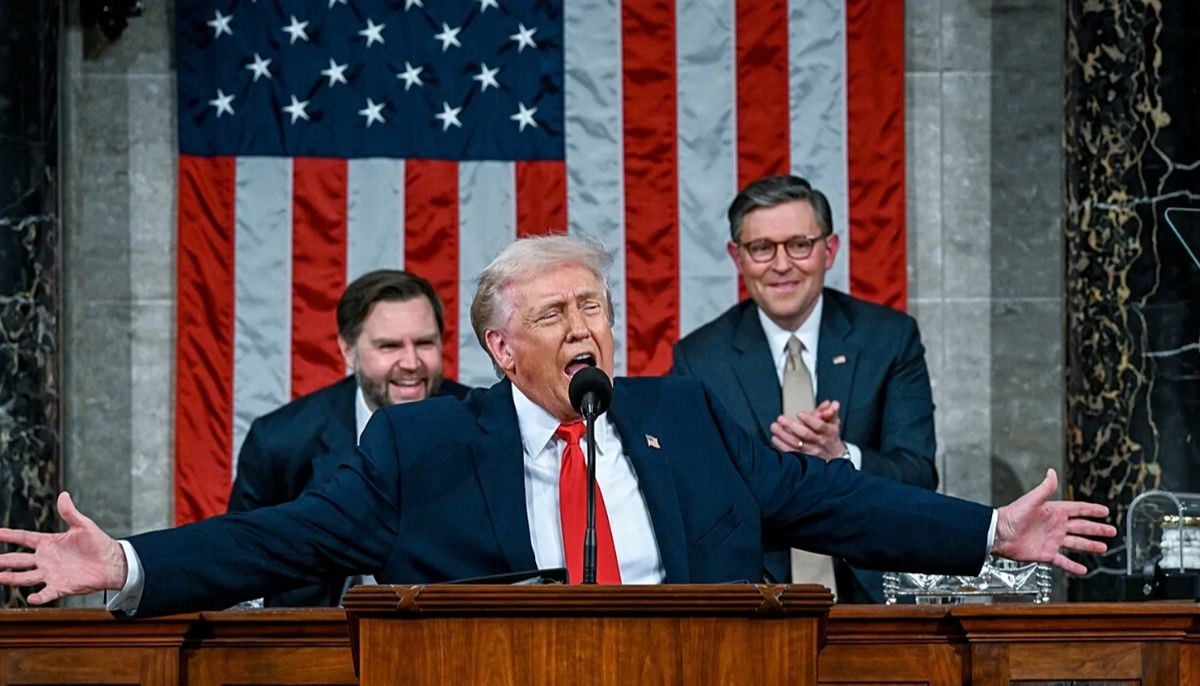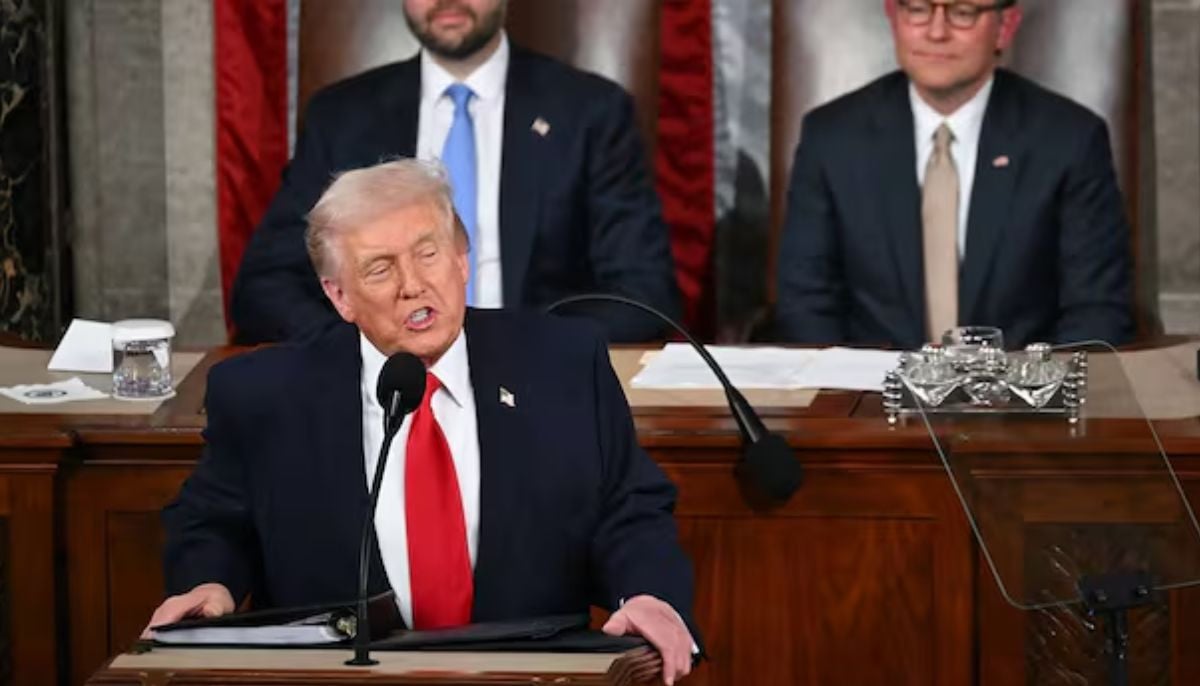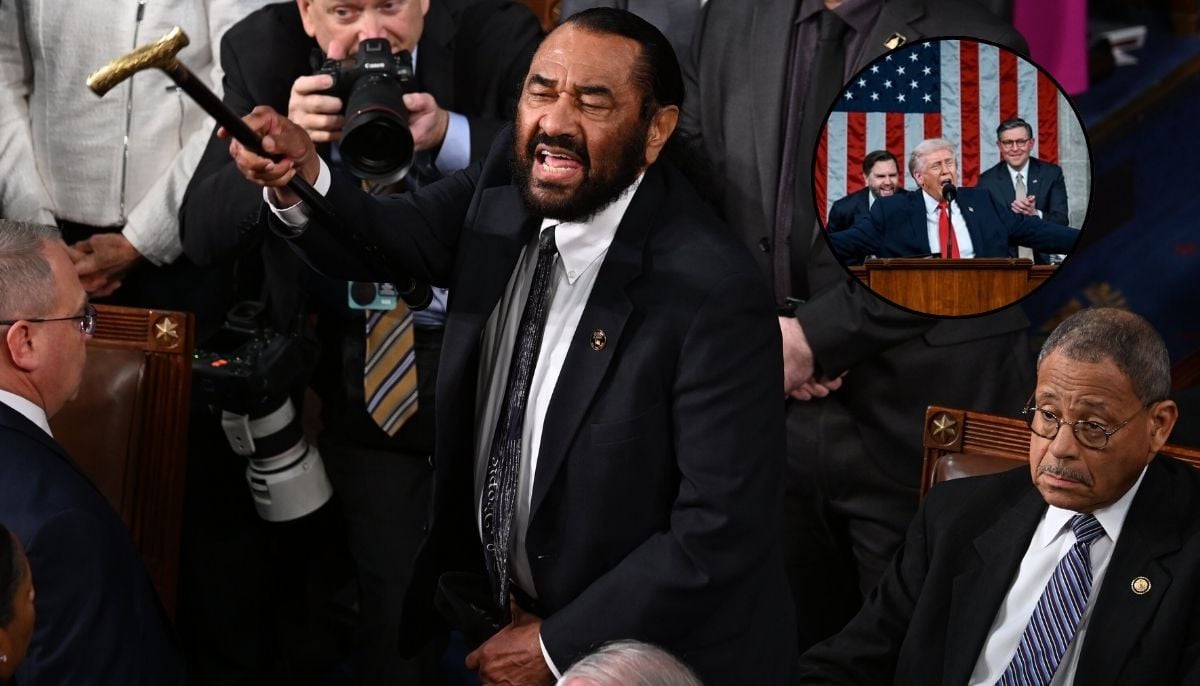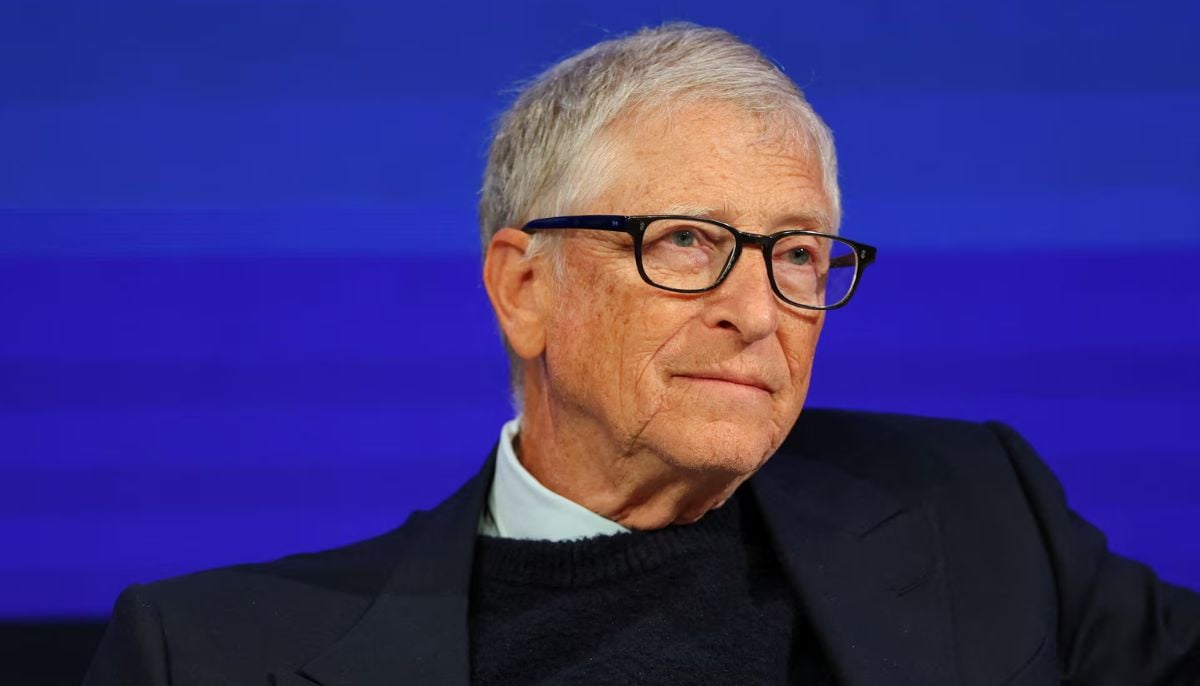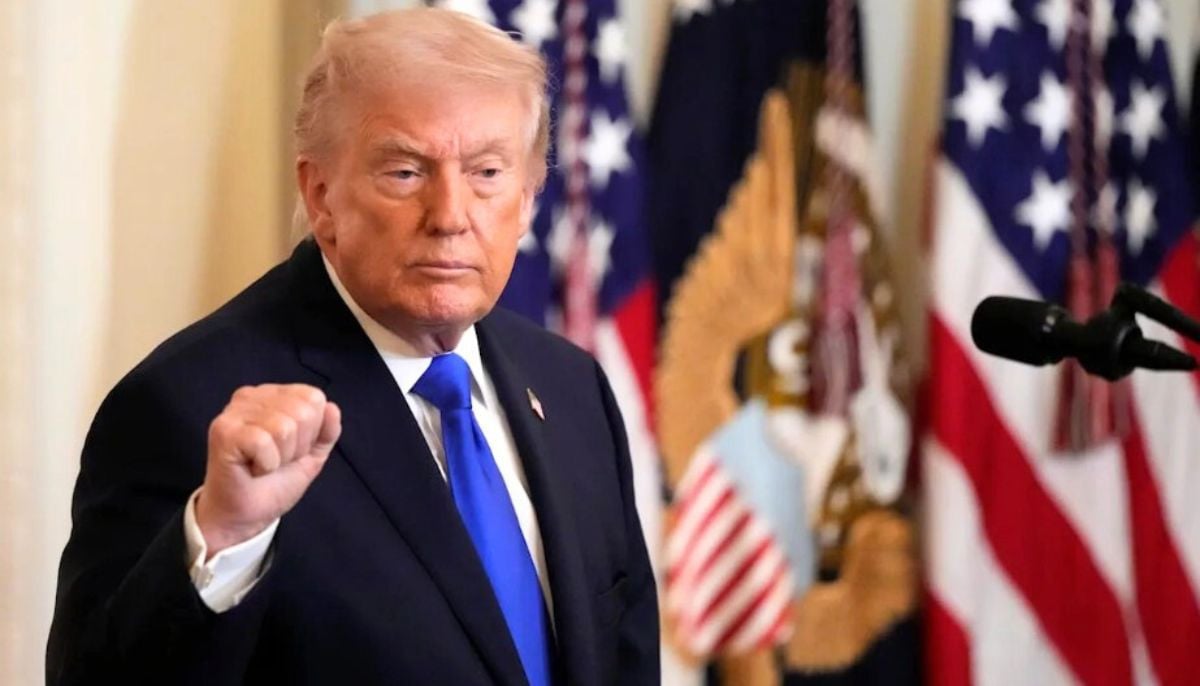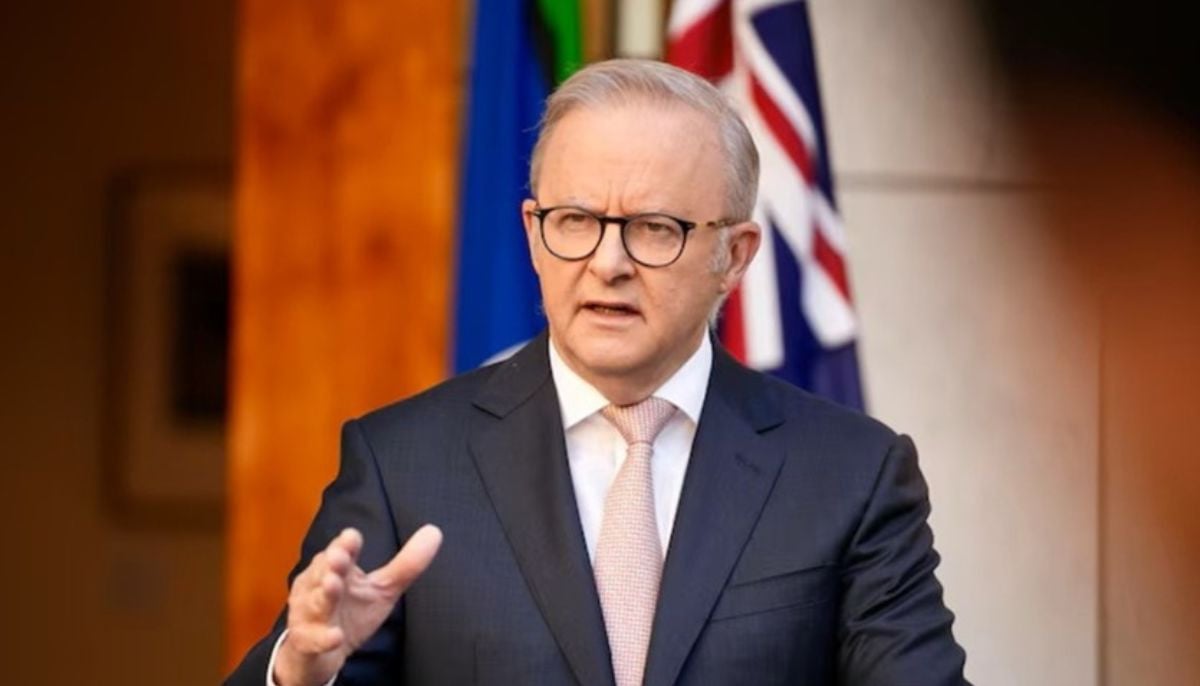US wants 'sustained action' from Pakistan against terrorist groups
State Department spokesperson says US has always viewed secure, prosperous Pakistan as critical to its interests
Talks between the authorities in Islamabad and Washington are routine and part of standard bilateral protocol, said the US State Department spokesperson Vedant Patel amid the recent stir in light of President Joe Biden's statement on Pakistan's nukes.
Spokesman Vedant Patel, however, avoided commenting on the recent meeting of Pakistan's ambassador at the State Department.
"The US meets with Pakistani officials and vice versa regularly at regular intervals. As standard practice, we don’t comment on the specifics and don’t get into private diplomatic engagements as well," he said, replying to a question about the visit of Pakistani Ambassador to US Sardar Masood Khan to the State Department.
Patel said that there are very few countries that were hit by terrorism like Pakistan. The counterterrorism effort is part of our common interests, he said.
"The US has always viewed a secure and prosperous Pakistan as critical to its interests. The US values longstanding cooperation with Pakistan," he said.
Patel said that only a few nations have experienced terrorism to the extent that Pakistan has.
"Our shared interests include the counterterrorism effort," he added.
He said that organisations like the Tehreek-e-Taliban Pakistan (TTP) pose a serious threat to the region, and the US seeks a strong partnership with Pakistan to combat terrorism.
"Few countries have suffered from terrorism like Pakistan. The US has a shared interest in combating threats to regional instability and regional security like the TTP," he said.
The US hopes Pakistan will take action against global and regional terrorist organisations, he added.
"We seek a strong partnership with Pakistan on counterterrorism and expect sustained action against all militant and terrorist groups. We look forward to the cooperative efforts to eliminate all regional and global terrorist threats," he added.
'US policy towards Pakistan remains unchanged'
US President Joe Biden did not aim to sour the ties between Pakistan and the United States, a US senator said separately on Tuesday.
"I don't know what made President Biden say [what he said about Pakistan], but I don't believe this was intended to hurt US-Pakistan relations in any way," said Democrat Senator Chris Van Hollen in a media talk at an event in Maryland.
In clarification for what Biden said, Hollen said that there was no change in his country's policy towards Pakistan and that the statement of the US president was spontaneous.
"The United States does have confidence in Pakistan over the security of its nuclear arsenal," the US senator said.
He said the explanation from the US State Department also gives the same impression that President Biden did not make the remark deliberately.
Hollen further stated that the US seeks stable relations with Pakistan, which were further strengthened by the coordinated response efforts during the flash floods in Pakistan.
The United States is constantly in touch with Pakistani officials, looking for ways to further assist the country in flood relief, he added.
He also repudiated the claims by PTI Chief Imran Khan regarding the alleged US role in regime change in Pakistan. He said the US is not involved in Pakistani politics in terms of deciding who should be in the government. This is the business of the people of Pakistan to decide who should rule them, he said.
"However, I will say the former prime minister of Pakistan [Imran Khan] is mistaken" as the US did not play any role in the regime change in the country, he added.
Pakistan most dangerous country: Biden
Remarks from the US officials come days after the US President alleged that Pakistan's nuclear programme lacks cohesion.
Biden referred to Pakistan as "one of the most dangerous countries" and alleged that Islamabad's nuclear programme lacks cohesion.
"Did anybody think we would be in a situation where China is trying to figure out its role relative to Russia and relative to India and relative to Pakistan?" President Biden said, addressing the democratic congressional campaign committee reception on Saturday [October 15].
Referring to Chinese President Jinping, Biden said that he "understands what he wants but has an enormous array of problems."
"How do we handle that? How do we handle that relative to what’s going on in Russia? And what I think is maybe one of the most dangerous nations in the world: Pakistan. Nuclear weapons without any cohesion," the US president said, adding that despite a lot going on, the US has a hunk of opportunities to change the dynamic in the second quarter of the 21st century.
Pakistani reaction
The Pakistani authorities held consultations before issuing a detailed official response. Prime Minister Shehbaz Sharif and Foreign Minister Bilawal Bhutto-Zardari strongly protested against Biden's controversial remarks.
The Ministry of Foreign Affairs (MOFA) handed a "strong" demarche to US Ambassador to Pakistan Donald Blome over President Biden's "misleading" remarks regarding Pakistan's nuclear programme.
Acting Foreign Secretary Jauhar Saleem called in the US ambassador to deliver the demarche, the ministry said. Pakistan’s disappointment and concern were conveyed to the US envoy on the unwarranted remarks, it said.
The US president's remarks are not grounded in reality and facts, the ministry said.
The secretary made it clear that Pakistan is a responsible nuclear state and its impeccable stewardship of the nuclear programme and adherence to global standards and international best practices was well acknowledged, including by the International Atomic Energy Agency (IAEA).
"It was essential to maintain the positive trajectory of Pakistan-US relations and the close cooperation between the two sides to build regional and global peace," the ministry added.
-
Trump delivers longest State of Union address in history: Inside key details on economy, security and global strategy
-
Trump’s 2026 State of Union address: Inside key takeaways, major policy shifts & top announcements
-
Rep. Al Green removed from House chamber during Trump’s State of Union address: Here’s what happened
-
Bill Gates breaks silence on Epstein links, ‘took responsibility for his actions’ during town hall meeting
-
President Donald Trump delivers the traditional State of the Union address to Congress
-
Australia: Bomb threat behind evacuation of PM Anthony Albanese linked to Chinese dance group
-
Applebees closures expand with Glenville restaurant closing for good after 10 years
-
Louvre director resigns after historic jewelry heist exposed security flaws
